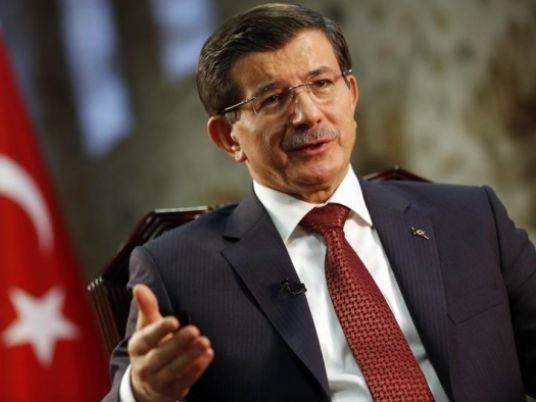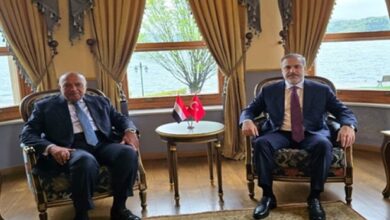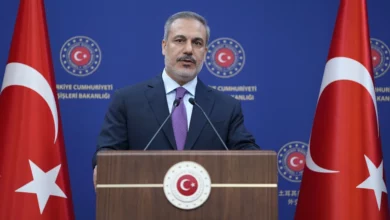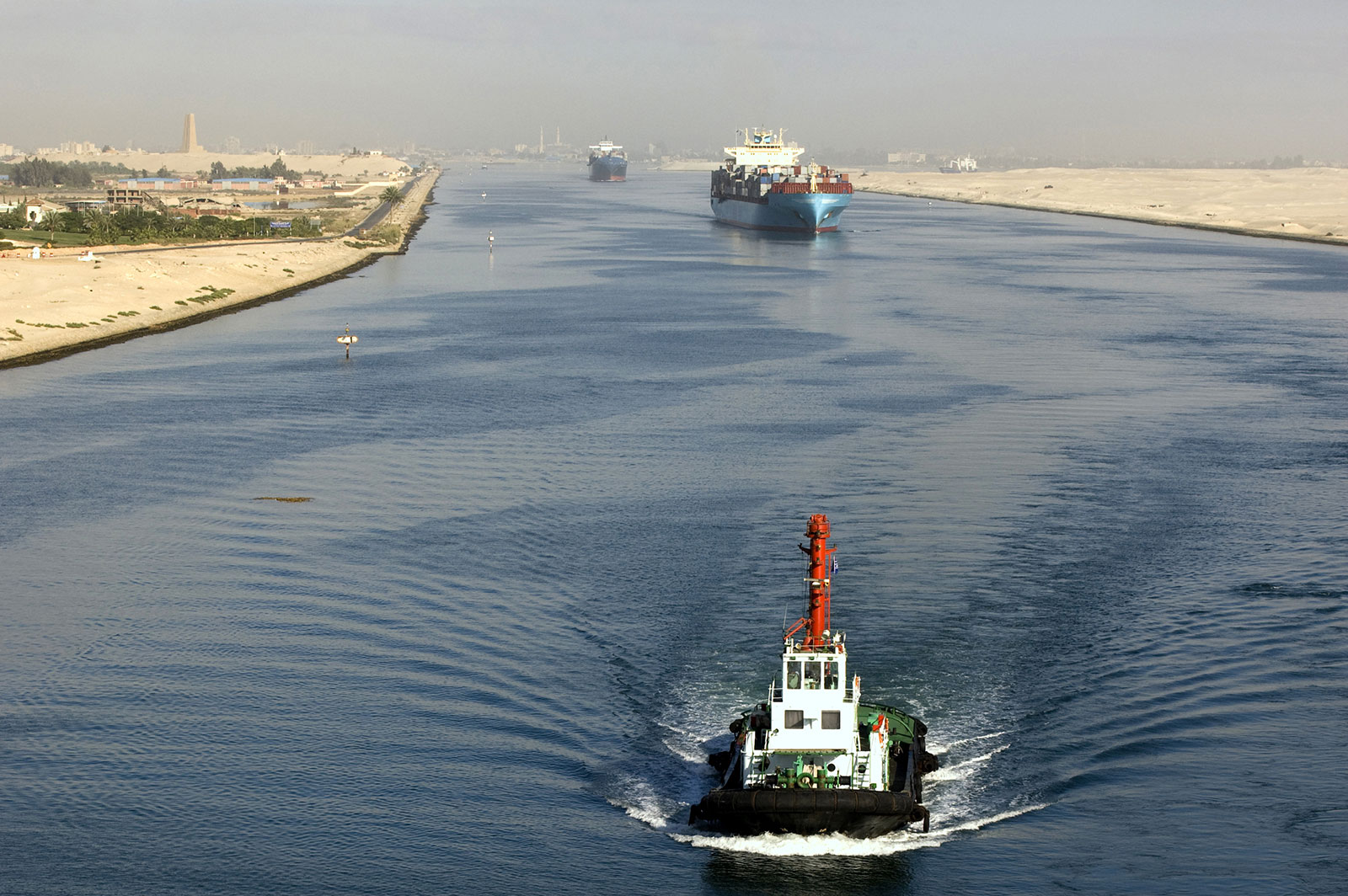
Prime Minister Ahmet Davutoglu said on Thursday history had shown Turkey was ill suited to coalition governments but the ruling AK Party was open to all options after losing its parliamentary majority for the first time in a weekend election,
Sunday's vote ended more than a decade of single-party rule in the NATO member and EU candidate nation, plunging it into uncertainty and dealing a blow to President Tayyip Erdogan's ambitions for a more powerful executive role.
"We've used the coalition eras of the 1970s and 1990s as an example to show that coalitions are not suitable for Turkey and we still stand by that stance," Davutoglu said at a meeting of officials of the Islamist-rooted AKP in Ankara.
"However, with the current political picture … We're open to any scenarios based on the latest developments."
Fractious coalitions in the 1990s undermined the economy and scuppered a series of International Monetary Fund economic aid program. Those traditional secular parties were devastated by an AKP avalanche victory in 2002.
Negotiations will be watched with concern by NATO allies that view Turkey as an important ally adjoining an increasingly unstable Middle East. Islamic State militants stand at its borders and violence flickers in its mainly Kurdish southeast.
Davutoglu said in an interview on state TV late on Wednesday that all options would be exhausted before an early election was considered, and made clear that Erdogan, constitutionally barred from party politics, would not be directly involved in efforts to build a coalition.
The comments were in themselves a sign of changing times in the AK Party where until recently public criticism of party founder Erdogan, even in implicit form, would have been unthinkable. Criticism in the media had become a risky affair, with many journalists jailed or sacked.
Erdogan's silence
Erdogan had hoped the AKP would win a strong enough majority in Sunday's election to change the constitution and introduce a US-style presidential system – a plan viewed with suspicion by opponents who accuse him of amassing too much personal power.
The outcome appears to have taken him by surprise and he has not spoken in public since the vote.
Coalition negotiations are likely to be complicated.
The right-wing Nationalist Movement Party (MHP) has been seen as a strong potential partner, but its supporters are fiercely opposed to a peace process with Kurdish militants which Erdogan and Davutoglu have said will remain a priority.
The AKP could also try to enter coalition with the secularist Republican People's Party, but would have to bridge a gaping ideological divide. Erdogan and many of his supporters view the party of modern Turkey's founder Mustafa Kemal Ataturk as the bastion of secularists whose elitist mentality he argues inflicted decades of oppression on religious conservatives.
The pro-Kurdish Peoples' Democratic Party (HDP), which crossed the 10 percent threshold to enter parliament for the first time and helped deprive the AKP of its majority, has meanwhile ruled out any coalition with the ruling party.
"We do not have a personal animosity towards President Erdogan. A president that breaches the constitution, and violates the law and justice will always be criticized by us," HDP co-leader Selahattin Demirtas said on Thursday.
But striking a more conciliatory note, he said his party would play a constructive role in parliament, particularly in advancing peace with Kurdistan Workers Party (PKK) militants.
Erdogan launched peace efforts in 2012 to end a three-decade conflict with the PKK that has killed more than 40,000 people. Since then, Kurds have accused him of backtracking on the process, which has been on hold for months.
"As HDP, we are ready to live up to our responsibilities and put away the competitiveness of the election period for peace," Demirtas said.




